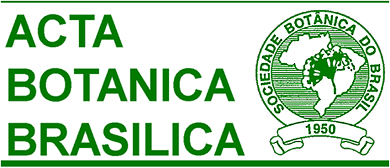Understanding what determines species co-occurrence and its consequences for ecosystem functioning is central to the study of plant ecology. The ecological similarity of species can explain co-occurrence patterns, species interactions, and how species affect ecosystem processes. A useful approach to answer these questions is to group similar species in functional groups and then perform removal experiments. Here, we conducted a scientometric review of articles about plant functional diversity and plant functional group removal. We identified publication patterns and impact; environmental and geographic gaps; ecological effects being tested; which groups are removed; and what the removal methods are. We analyzed articles published between 1991 and 2012 in journals indexed for the Thomson ISI Web of Science database. Although the number of articles and citations of experimental articles increased during that period, the corresponding increase for functional diversity articles was 12 times greater. This might be because field and cafeteria experiments are harder to conduct. Most studies were performed in temperate regions, where taxonomic knowledge and scientific investment is greater. Studies on herbaceous vegetation predominate, probably because short-lived species are more easily removed and manipulated than are trees. The main reason for the removal experiments was to test hypotheses related to competition, and clipping at ground level was the most common removal method. Few studies were performed in the field and in greenhouses, which could control for differential responses of natural conditions and controlled environments.
experimental research; functional group removal; plant removal







